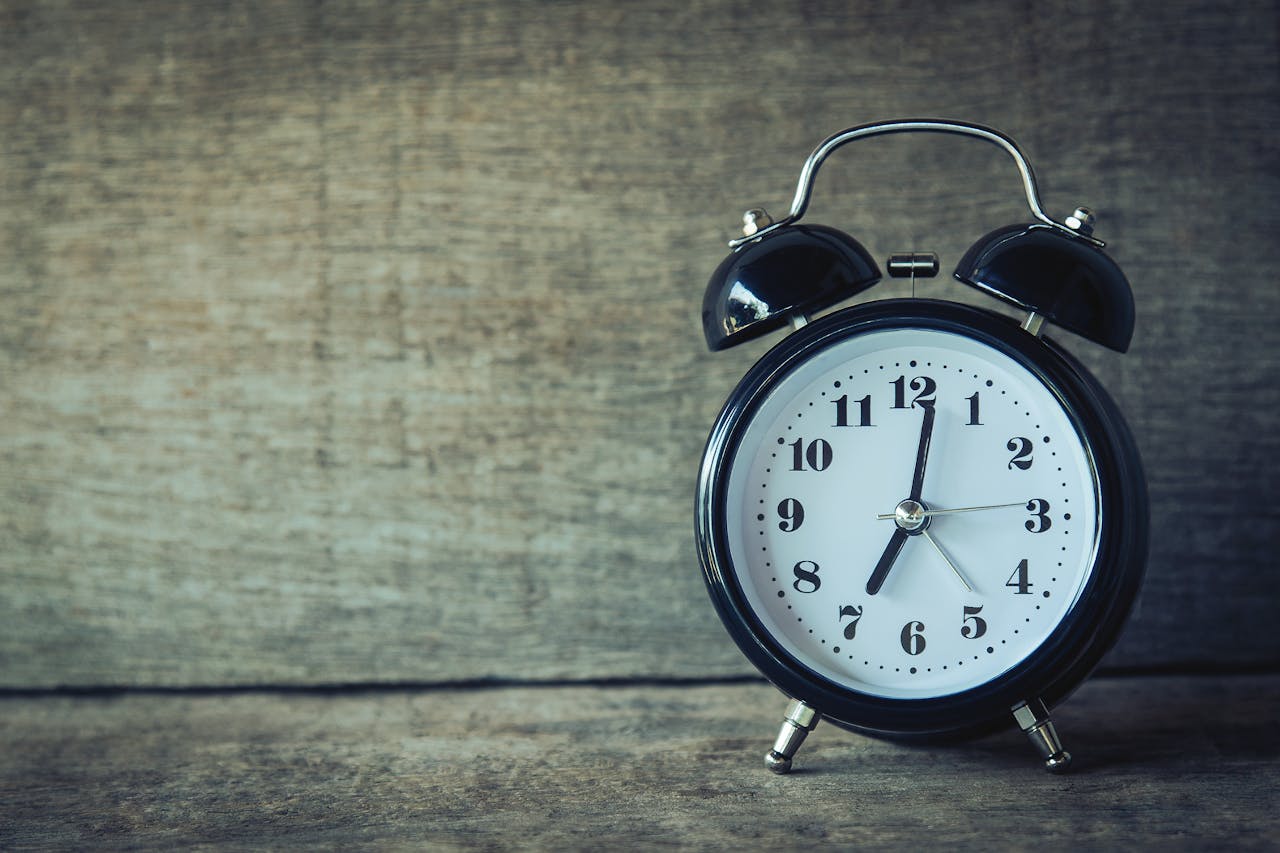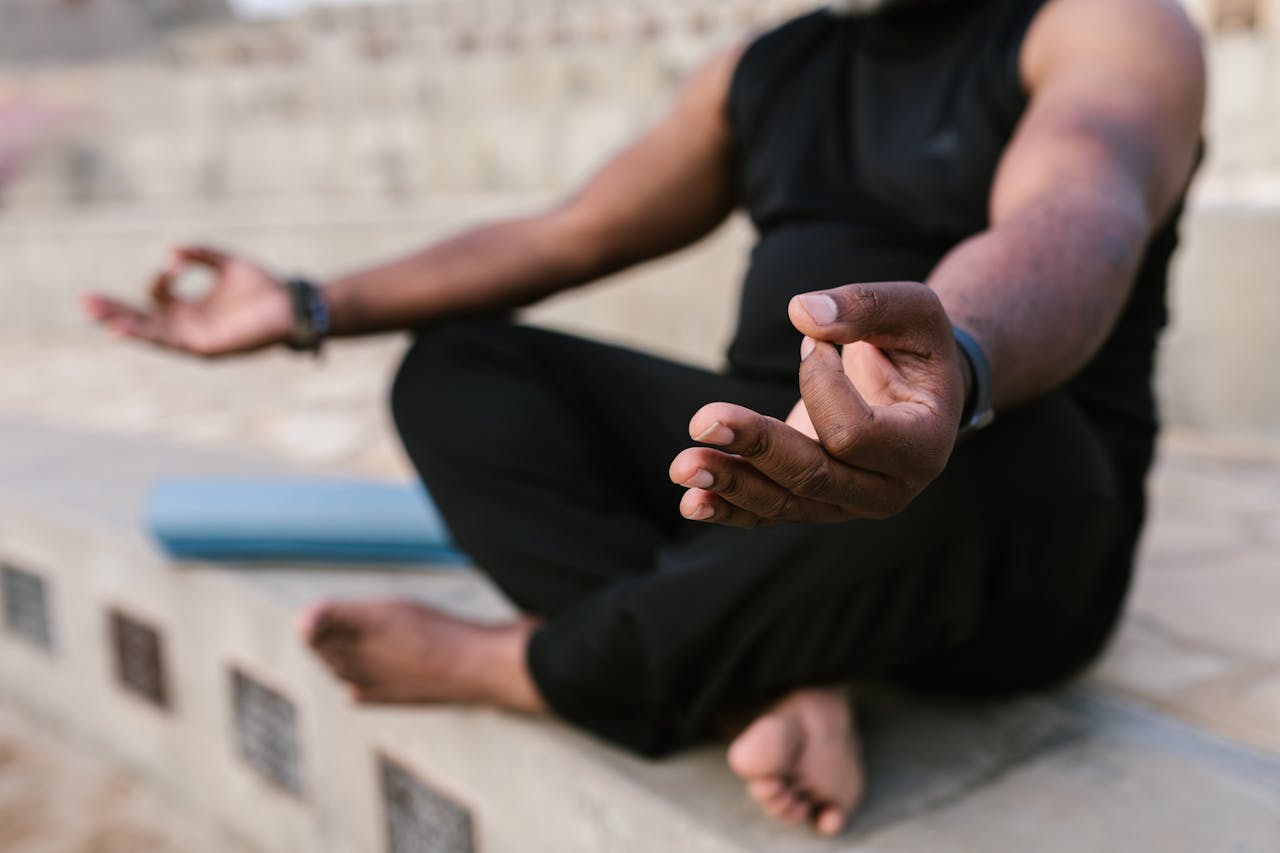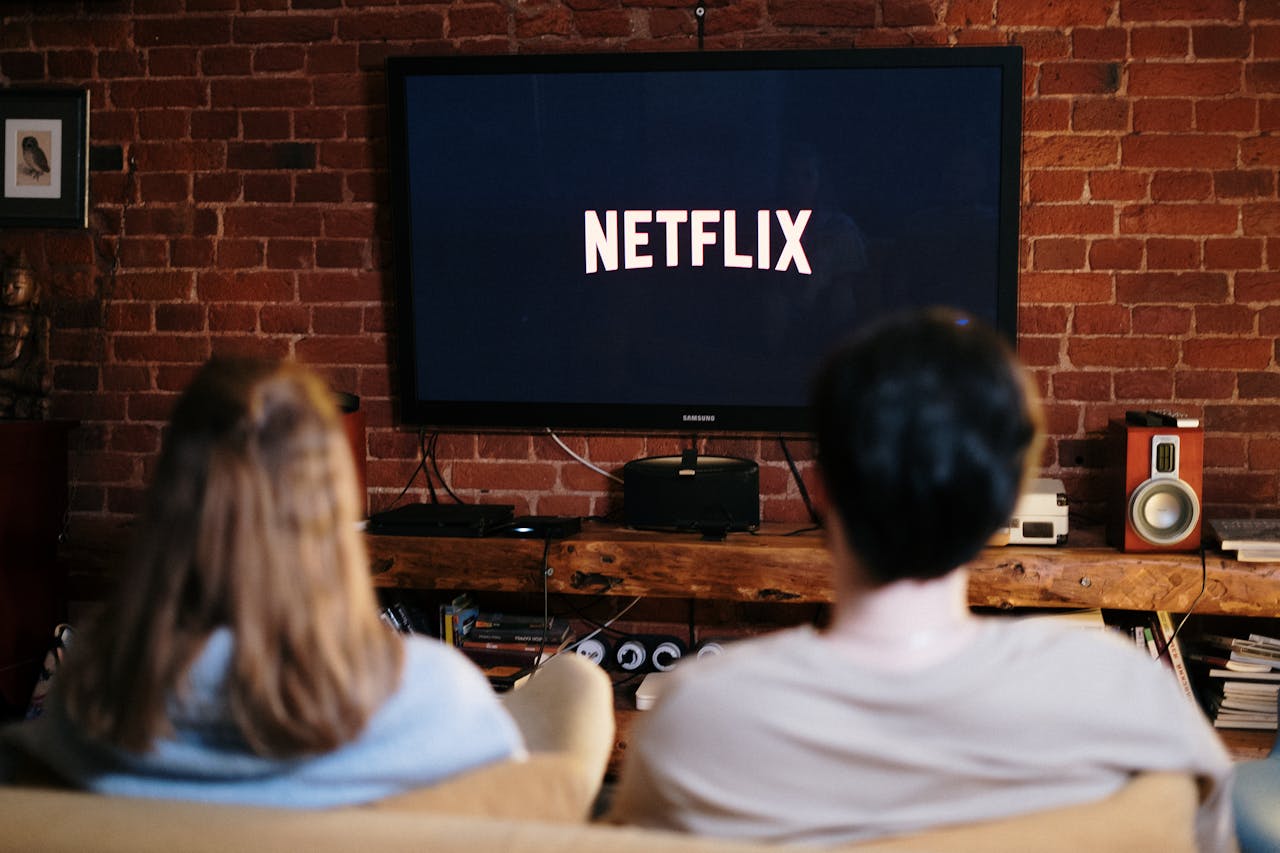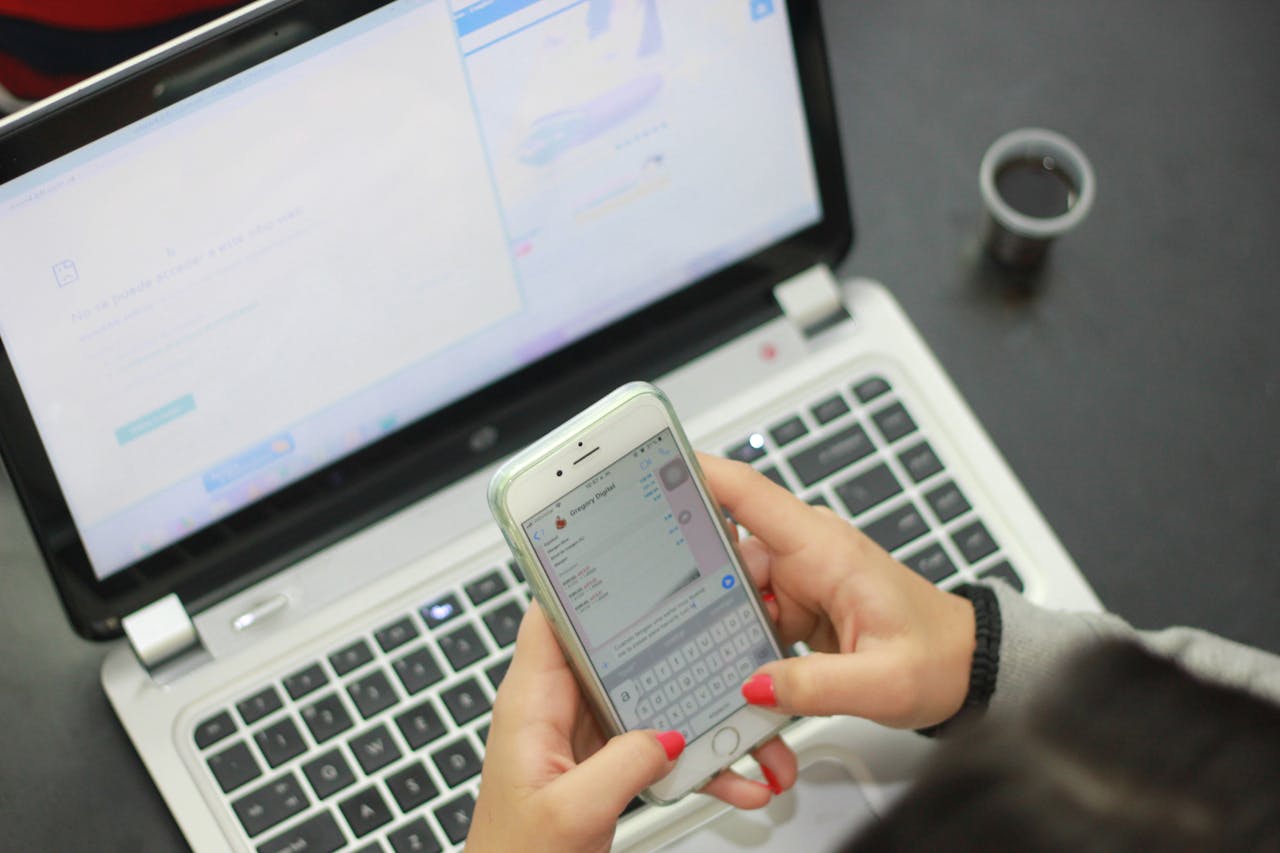A Day in the Life: Comparing Daily Routines Across Gen Z, Millennials, and Boomers

Daily routines serve as a window into the lifestyles, values, and priorities of different generations. As societal norms and technological advancements evolve, so too do the habits and routines of individuals within each generational cohort. We will explore the daily lives of Baby Boomers, Millennials, and Gen Z, highlighting the similarities and differences in their routines. By examining these daily practices, we can better understand how each generation approaches life, work, and leisure, revealing insights into their unique perspectives and challenges.
Baby Boomers: The Structured Routine

Baby Boomers, typically born between 1946 and 1964, often lead structured lives shaped by traditional values and a strong work ethic. Their daily routines reflect a blend of professional commitments, family responsibilities, and personal time, resulting in a balanced approach to life.
1. Early Morning Start

Most Boomers start their day early, often waking up around 6:00 AM. Their morning routine may include reading the newspaper or drinking coffee while enjoying a quiet moment before the day begins. This time is often spent reflecting on the day ahead and preparing mentally for work or family obligations.
2. Work Commitments

Many Boomers are still active in the workforce, either in full-time jobs or part-time roles. Their workday typically begins around 8:00 AM and may involve commuting to an office or working from home. Boomers tend to prioritize professionalism and reliability, often adhering to traditional office hours and structures.
3. Family Time

After work, Boomers often focus on family responsibilities. Whether it’s preparing dinner, helping children or grandchildren with homework, or spending quality time together, family plays a central role in their daily lives. This emphasis on family often reflects their desire to maintain close-knit relationships.
4. Consistent Bedtime

Boomers typically value routine and structure, which extends to their bedtime habits. Most aim to go to bed around 10:00 PM, ensuring they get adequate rest for the next day. This consistency helps them maintain a healthy lifestyle and manage stress effectively.
Millennials: The Dynamic Routine

Millennials, born between 1981 and 1996, are known for their adaptability and embrace of technology. Their daily routines often reflect a blend of work, social interaction, and self-care, showcasing their diverse interests and lifestyles.
1. Flexible Morning Routine

Millennials often have a less rigid morning routine, waking up anywhere between 7:00 AM and 9:00 AM. Many start their day by scrolling through social media or checking emails, using technology to stay connected with the world. Breakfast might be a quick smoothie or coffee on the go, reflecting their fast-paced lifestyle.
2. Remote Work and Gig Economy

Many Millennials have embraced remote work or gig economy roles, allowing for greater flexibility in their daily schedules. Work hours can vary, with some opting for non-traditional hours. This adaptability allows Millennials to balance work commitments with personal interests or side hustles.
3. Focus on Health and Wellness

Millennials often prioritize health and wellness in their routines. Many incorporate workouts or yoga sessions into their day, whether in the morning or during lunch breaks. This focus on physical and mental well-being reflects their understanding of the importance of self-care in a busy world.
4. Late-Night Activities

Millennials are known for their tendency to stay up later than previous generations. Many enjoy winding down with Netflix or scrolling through social media before bed, often going to sleep around midnight or later. This lifestyle reflects their engagement with technology and entertainment, allowing them to unwind after a busy day.
Gen Z: The Tech-Savvy Routine

Gen Z, typically born from the late 1990s to the early 2010s, is characterized by their digital fluency and desire for authenticity. Their daily routines are heavily influenced by technology and social media, shaping their interactions and priorities.
1. Tech-Integrated Mornings

Gen Z often starts their day around 7:00 AM, utilizing technology as a central part of their routine. Many use smartphones for alarm clocks, social media updates, and news alerts, reflecting their reliance on digital connectivity from the moment they wake up. Breakfast may include quick options like cereal or avocado toast, often shared on social media.
2. Education and Learning

For many Gen Z individuals, education plays a significant role in their daily lives. Whether attending high school or college, their schedules often include classes, study sessions, or online learning. This generation places a strong emphasis on acquiring knowledge and skills that align with their career aspirations.
3. Social Media Engagement

Social media is a vital aspect of Gen Z’s daily routine. Many spend a considerable amount of time engaging with platforms like TikTok, Instagram, or Snapchat, using these channels to connect with friends and express themselves. This engagement often serves as both entertainment and a source of information.
4. Late-Night Culture

Gen Z tends to adopt a late-night culture, often staying up to engage in online activities, gaming, or binge-watching shows. Bedtimes can vary widely, with many going to sleep after midnight. This flexibility allows them to balance social interactions with their personal interests, but it can also lead to discussions about sleep habits and health.
Final Thoughts

The daily routines of Baby Boomers, Millennials, and Gen Z highlight the distinct lifestyles, values, and priorities of each generation. While Baby Boomers often adhere to structured routines centered around work and family, Millennials embrace flexibility and a focus on health and social connectivity. In contrast, Gen Z integrates technology into every aspect of their daily lives, emphasizing mental health and authenticity. Understanding these differences provides valuable insights into how each generation navigates the complexities of modern life, shaping their identities and relationships with the world around them.
Leave a Reply